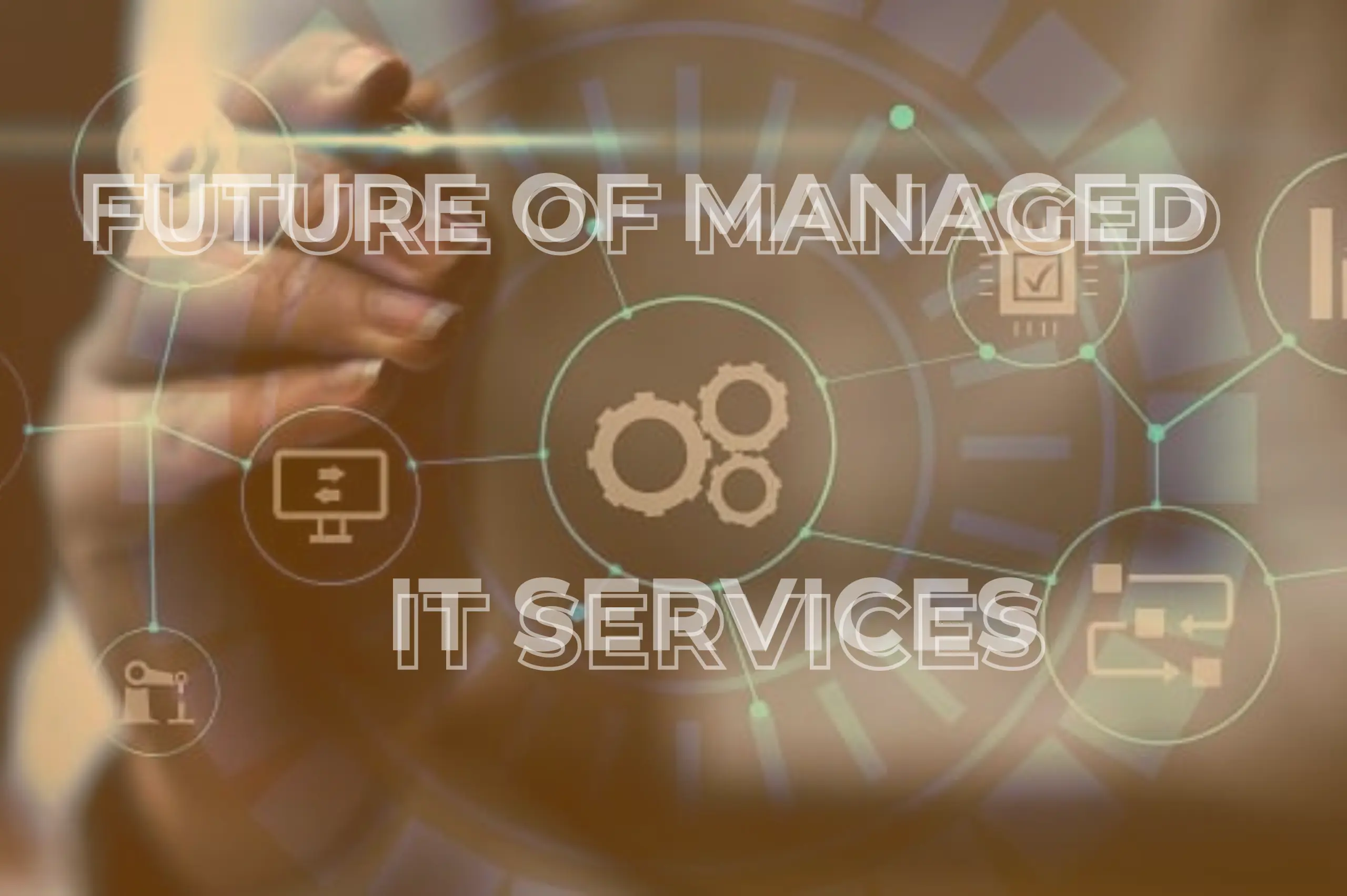The evolution in the technological landscape has impacted every sphere of life, including businesses. Companies’ reliance on information technology (IT) has proliferated over the last decade.
Businesses need a helping hand to keep up with the ever-evolving world of information technology. That assistance is provided by managed IT services. These innovative solutions play a significant role in keeping businesses running by providing comprehensive care.
However, the world of information technology never stands still. So here is a thought bubble: what will the future of managed IT services look like? In this article, we will understand how the continuous development of digital technologies will likely impact managed IT services. Let’s find out how corporations can stay ahead of the curve by consulting digital partners like FunctionEight.
Let’s begin!
What are Managed IT Services?
Managed IT services are solutions provided to businesses by a third party. The third party, called Managed service providers (MSPs), operate and maintain the overall IT infrastructure so the companies can focus on their core operations.
Outsourcing these services is a way to get cost-effective solutions for all business IT needs. These services are designed to help enterprises improve service quality by focusing on advanced compliance and security measures.
Some examples of managed IT services include network monitoring, software updates, backup and disaster recovery, etc.
The Future of Managed IT Services
Managed IT services have evolved into a comprehensive field over the past two decades. Information technology has rapidly gained prominence in the business industry, from simple IT system maintenance to cloud computing and AI.
The future is bright as experts predict an even more significant involvement of managed IT services. With the latest developments in artificial intelligence, businesses are predicting greater efficiency with automated solutions.
Given below are the top future trends in managed IT services:
Businesses Increasing the Use of Cloud Computing
The use of cloud-based services is on the rise in business. Cloud computing has taken the IT structure by storm. Gone are the days when enterprises would have to install hardware and software in order to scale any aspect of their business. Companies of all domains and sizes are making use of cloud-based tools to transform their business culture. When operating on clouds, scaling a business is easy, fast and affordable.
Another key trend emerging in managed IT services is using cloud-based services for disaster recovery and backup. Managed service providers are designing new and improved systems that protect organization’s most valuable assets in emergencies.
Moreover, cloud computing has also enhanced communications by developing cutting-edge tools. These applications help business employees work on the go and collaborate from the comfort of their homes. Collaborating remotely means businesses can now operate fully remotely by allowing their workers to access data anywhere in the world through these apps.
In the future, these cloud services will continue penetrating the aspects mentioned above of the industry. The key to staying up to date is to adopt reliable cloud-based services to improve data protection, collaboration, and overall effectiveness of the company.
Artificial Intelligence Continues to Create Waves
AI is set to take the managed IT services by storm in the near future. AI automation will penetrate into businesses IT processes and tasks. Whether it’s software updates, provision of the latest services, or managing customer accounts, automation tools will reduce business costs and increase efficiency.
Secondly, business security has already been impacted by AI. Security systems have been designed to detect threats and provide protection using artificial intelligence. Threat detection is carried out using algorithms in real time to seek potential malicious activities.
Additionally, AI has made it possible to detect problems before they occur. Problems are detected using predictive analysis by identifying patterns in the data collected from the network. Over a specific period, AI systems can pinpoint network patterns that can lead to potential problems.
AI is here to stay, and in the near future, it will become increasingly sophisticated. Businesses that use AI for automation, security, or predictive maintenance will not only stay ahead of the curve but also increase their efficiency.
Advanced Cyber Threats: A Continuous Challenge
As technology improves, it brings with it complex challenges. The most dangerous hurdle among these are the cyber threats. Recent advancements in cybersecurity have compelled businesses to comply with stricter rules, regulations, and security standards. These regulations have made protecting data and systems against hackers and other unwanted malicious actors far more complex than ever before.
Security regulations and standards evolve with the evolution of IT and businesses need to keep up with them. These standards can be met by consulting managed service providers who offer up-to-date services.
In the future, IT service providers will have to monitor systems more regularly and thoroughly using advanced tools. Cloud computing to store critical data can also be helpful on a rainy day. Cyber threats will never vanish completely; however, using the up-and-coming cutting-edge solutions in IT can help businesses minimize the damages.
Increase in Remote Work
Remote work has been a reality for the past several years. Working remotely, companies have been able to allow users to access the system and data anywhere. With the increase in remote work, there has also been a need for managed IT services. These services in the future will have a greater impact on companies working remotely. Businesses will consult MSPs for cloud-based applications that allow users secure access to their systems and data.
In addition, the MSPs will have to enhance their services by incorporating the latest technologies combined with cutting-edge IT solutions. These solutions will help businesses in advanced collaboration in virtual and augmented reality. They will need to seek the help of MSPs like FunctionEight to ensure a secure and reliable implementation of these IT solutions.
Key Takeaways
To conclude, managed IT services have a bright future ahead. As technology evolves, the need for comprehensive IT solutions will inevitably bring businesses towards managed IT solutions. Companies will also look to gain a competitive advantage on the back of these services. To stay ahead of the curve, companies need to consult a reliable managed service provider like FunctionEight with robust solutions.








